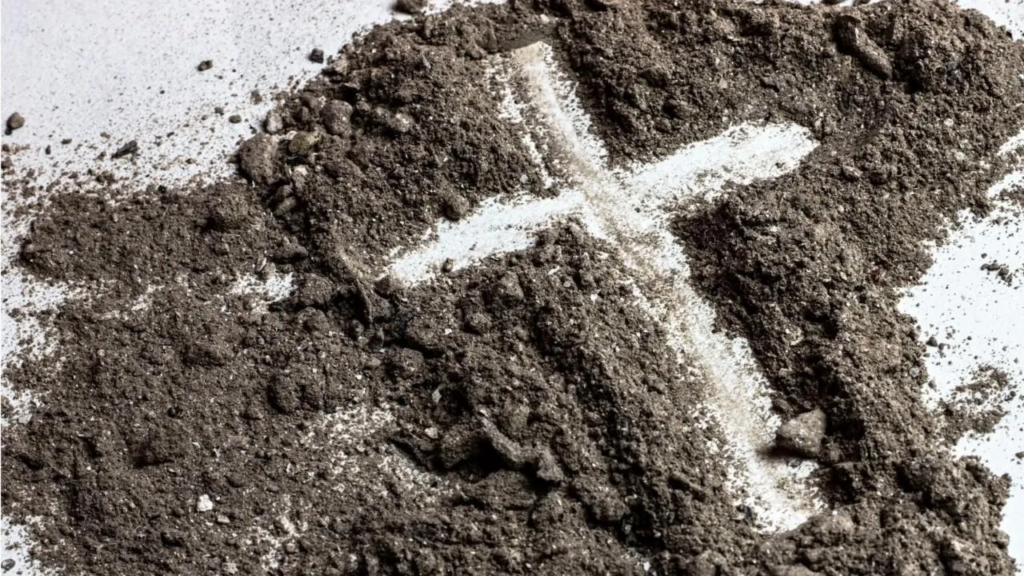Is COVID-19 Negatively Affecting our Catholic Identity?

Photo courtesy of episocapolrelief.org
By Franchetta Groves
Ash Wednesday has always been a significant day in the liturgical year due to the chance it gives Christians to publicly and confidently profess their faith. The ashes on the forehead symbolize the ashes we come from and ashes we will return to, while also reminding us of the gift of Salvation Jesus gave us through His death and resurrection. The ashes are the physical sign of the start of Lent, a time when we are redirecting and refocusing our life back to Christ and our relationship with God. It allows us to go out into the world and say, “Yes, I am Catholic” and own that identity without shame.
However, due to the COVID-19 pandemic, ashes were not allowed to be placed in a cross fashion on our forehead as per usual. Instead, they were sprinkled on our heads to avoid any contact being made between the priest and parishioner. Although this was done to keep our physical health safe, the ramifications of these decisions to parishioner’s spiritual life have been overlooked and undermined. While COVID-19 should be taken seriously, many restrictions are already in place in our churches to keep everyone safe, including social-distancing, required masks, and even contact tracing in some bigger parishes.
The decision to sprinkle the ashes on the head instead of placing them on the forehead, also seems to be overdramatic when looking at the science. COVID-19 is spread mainly through droplets between people, rather than on surfaces, meaning contact to distribute ashes would not be as detrimental as the Church is making it out to be. This is why masks are worn in church and social distancing protocols are put in place.
This decision to sprinkle the ashes on the head took away the ability of Catholics to take ownership of their relationship with Christ. Furthermore, it kept Catholics from professing the start of Lent and sharing this good news with the world, as we are called to do. This decision made Lent seem unimportant and uninspired, causing the true meaning for the day to be watered-down and lost.
The COVID-19 pandemic and lockdowns have had many effects on religious institutions and the spiritual lives of many. Some have felt stifled in their faith lives due to an inability to attend Mass and grow in their relationship with Christ. It has become easy to pop on the television Sunday afternoon and watch Mass haphazardly without receiving communion and receiving those sacramental graces.
Of course, we have a duty as Catholics to be our brother’s keeper and do what we can to protect those around us out of the love we have for them. By wearing masks, and social distancing, we are doing just that. However, these don’t come without other spiritual ramifications and effects on the community bonds that are so vital to the life we see in our Church.
The Church is not just walls that we hold services in, but a life-forming community. It is the people supporting each other, cooking fish dinners together, sharing laughs and testimonies. It is shaking your neighbor’s hand during the sign of peace and talking after mass in the parking lot.
Ash Wednesday this year served as a reminder to the life in our church that has suffered this year. While this can leave us feeling hopeless and lost this Lenten season it can also serve as a reminder to work harder to overcome these difficulties presented.
Receiving ashes on Ash Wednesday is the physical reminder for us and for those we encounter to fight for our ability to worship the one true God and our relationship with Him. God will always walk with us during our earthly trials we face in this life. Now, more than ever, we need to lean into this relationship, help each other remain steadfast in the faith, and for our Church, and archdiocese, to allow us to find that inner peace and strength for which we are designed.







